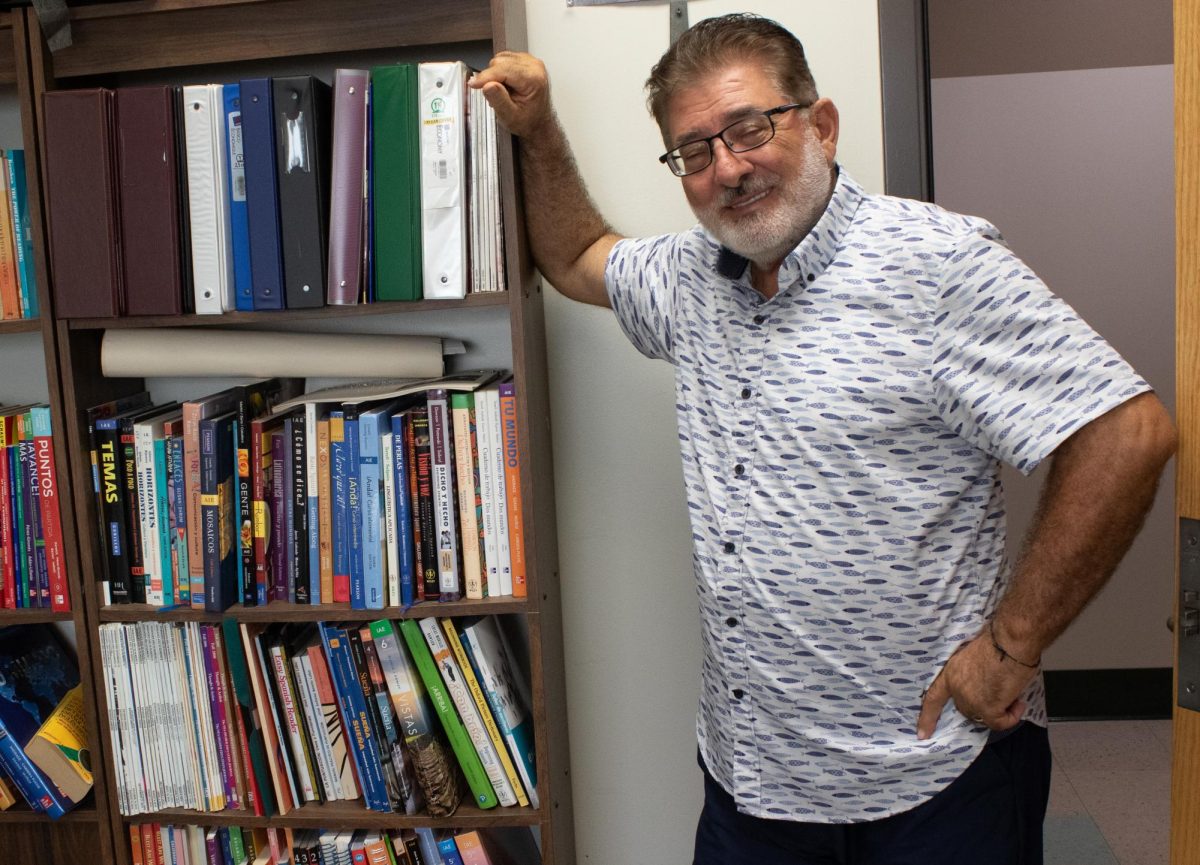Study of whales shows drastic evolutionary changes
July 6, 2006
(U-WIRE) KENT, Ohio – Whales lost their hind limbs 35 million years ago during an evolutionary change, said Hans Thewissen, an associate professor of anatomy at Northeastern Ohio Universities College of Medicine.
In 1991, with a grant from National Geographic, Thewissen went to Pakistan to gather data unrelated to the ancient whales. When he returned to the country a year later, he continued to find fossils of whales.
The group of international scientists, led by Thewissen, used data collected from fossils of ancient whales and contemporary spotted dolphins to locate the genetic changes that caused them to lose their hind limbs.
To study the data, the embryo is cut into thin slices and under the microscope scientists can study the internal structure.
“Losing hind limbs is not uncommon to lose over genetic history,” said Kent State geology professor Neil Wells.
Dolphins and whales were four-footed land animals more than 50 million years ago. The fossils showed that the whales once lived on land, not unlike large dogs.
The aquatic lifestyle occurred over millions of years, and whales became swimmers during the next 15 million years. During the evolutionary change, the hind limbs became smaller, but they kept the same hind limb structure of their ancestors.
According to the Proceedings of the National Academy of Science, before the fetal period, the size of the limbs changed. For limb development, a drastic change occurred that inactivated an essential gene.
This gene is called Sonic hedgehog. Sonic hedgehog is required for all limbed vertebrates to develop normal limbs beyond the knee and elbow joints.
With the hind limbs of ancient whales nonfunctional and almost gone, Sonic hedgehog is clearly shown near the end of 15 million years.
Hand2, a gene that functions as a switch to turn on Sonic hedgehog, was shown to be inactive with the hind limbs in dolphins. If hand2 isn’t present, limb development will stop.
Clifford Tabin, a genetics professor at Harvard Medical School who was not involved with the search, believes that our understanding of evolutionary theory has drastically improved in recent times.
“Only now in the last five years are we developing this understanding of how the world of evolution is controlled genetically,” Tabin said in a news release.
Copyright ©2006 Daily Kent Stater via CSTV U-Wire






















































































































